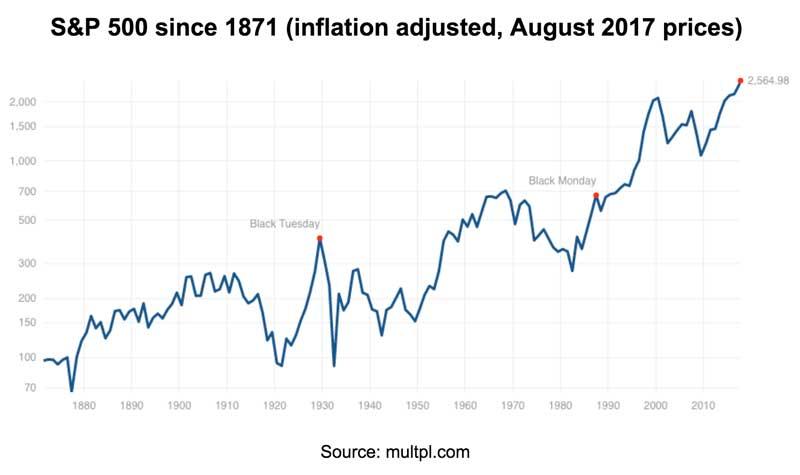

, Even modest weight loss-5% decrease in body weight-has been shown to lower the risk of chronic disease. Overweight and obesity are associated with a number of chronic diseases, including type 2 diabetes, metabolic syndrome, hypertension,, and cardiovascular disease (CVD). Based on the available evidence, PBDs should be considered a viable option for the treatment and prevention of overweight and obesity. Research examining PBDs and weight loss is also needed with more diverse populations, including older adults. Future studies should utilize health behavior theory to inform intervention development and delivery of PBDs studies and new technologies to bring interventions to scale for greater public health impact. PBDs may also confer higher levels of diet quality than are observed with other therapeutic diet approaches, with similar levels of adherence and acceptability.

Both clinical trials and observational research indicate an advantage to adoption of PBDs for preventing overweight and obesity and promoting weight loss. In addition, data on dietary quality, adherence, and acceptability were evaluated and are presented. Literature from plant-based diets (PBDs) epidemiological and clinical trial research was used to inform this review. The goal of this paper is to review the evidence related to the effect of plant-based dietary patterns on obesity and weight loss, including both observational and intervention trials.


 0 kommentar(er)
0 kommentar(er)
